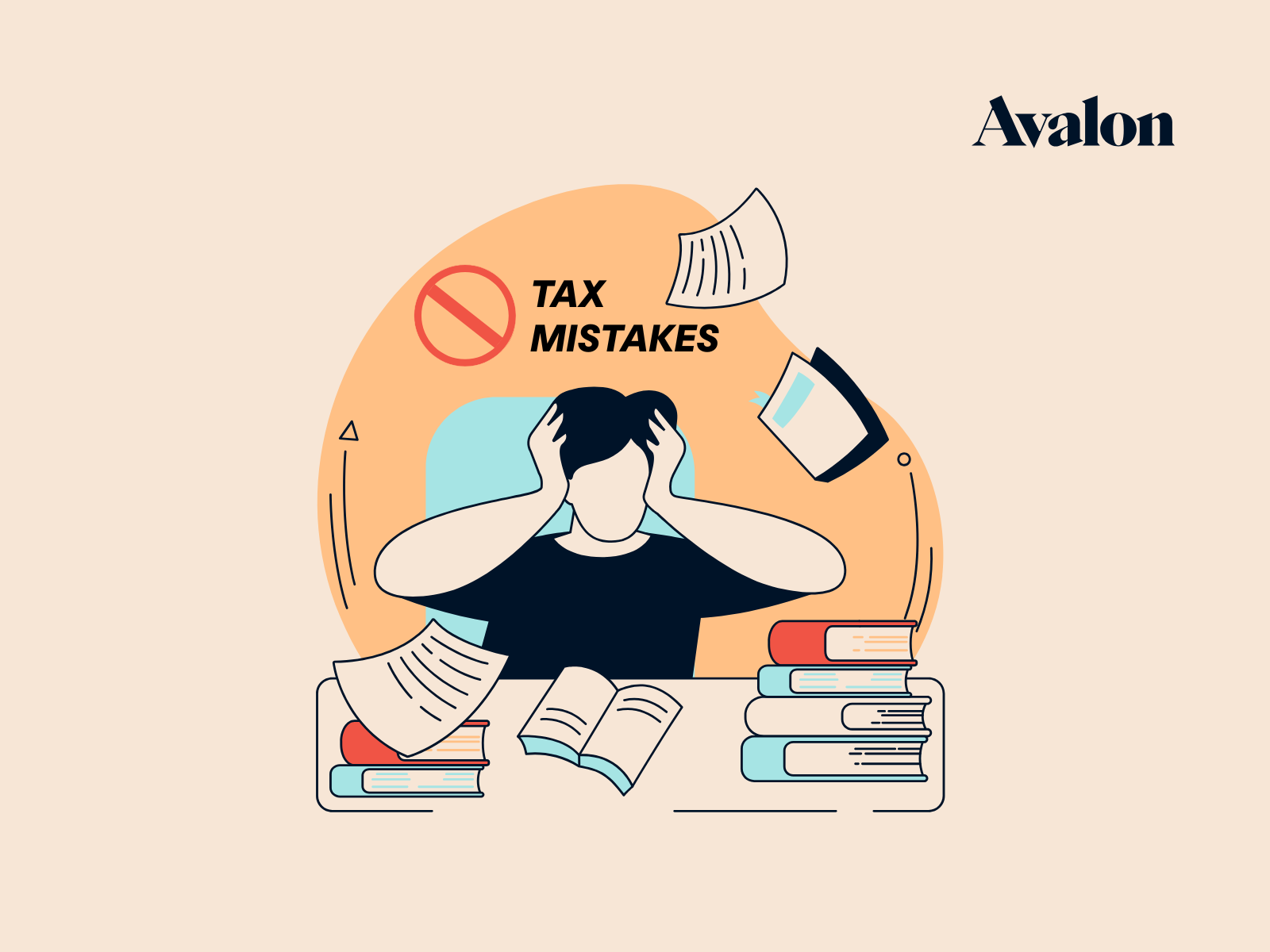A valuable business is a bit of a Catch-22. If a business is truly valuable, it’s unlikely you will want to sell it.
Unfortunately, there are a lot of owners that want to sell the business that they have worked so hard to build, only to find out that no one is buying what they are selling.
Think about it - would you pay someone for the privilege of working 60 hours a week for subsistence wages and the added pressure of being responsible for customers happiness and employees’ livelihood? Probably not!
So here’s the 1, 2, 3 (plus a bonus) of building a successful company that people will want to buy and you’ll be tempted to keep.
1. Predictable Revenue (and Cash)
As a business owner, you know your number one job is sales.
It’s a double-edged sword because you, no doubt, have customers that want to deal directly with you for everything. However, if you want to keep your business, it’s less valuable to you because you’re still the one dealing with challenging customers. And if you would like to sell, it depreciates the value of your business because a potential purchaser will see that as a red flag.
The solution is building a marketing and sales pipeline that brings customers back for more and requires minimal involvement from you. It really is the cat’s meow and there are lots of ways to accomplish this, like:
- Building a subscription model. Maintenance services, repeatable services, etc.
- Generating repeat customers: give people a reason to purchase from you again and again. Provide a stellar service, stay in constant contact, etc.
- Creating a referral process. Give your customers a reason to refer their friends.
The sale is not the final step though. You’ll also need to turn those sales into cash.
Thankfully, modern technology makes collecting money from your customers easier than ever. Cash flow is crucial to keeping a business alive, so do yourself a favour (and your customers) and make it easy and obvious how to pay invoices. Make collection inevitable.
We use and encourage our clients to use Xero for this. In Xero you can send invoices online, (even right from your phone), customize it for your business, and most importantly, put a “Pay Now” button so they can settle what they owe right away.
You can also set up direct debit from a customer’s bank account. The cash withdrawn automatically each month, so no waiting on receivables. Our favourite software to use for this is Rotessa, it’s easy to set up and the money is received in 4-5 business days.
Alright, so cash and revenue are the oxygen for your business, but keeps that going?
2. Happy and Engaged Employees
Taking care of your employees is an essential (and every other synonym) component to building a valuable business.
Each business is going to have its own flavour of doing this, but the goal remains the same. By having low turnover and good production, you’ll be profitable, and what we like to think of as “anti-fragile”. Meaning that the bumps in the road are not going to cause your business (or you) to break (also a good life goal).
Your happy, engaged and experienced employees will rise to the occasion. Alternatively, if you are training new staff all the time, your productivity and service levels are going to suffer.
Again, look at this from the perspective of an outside buyer. Would you be willing to pay more for a company that had employees that liked the company they worked for and the work that they did? Of course, because it would reduce your risk that everyone was headed for the door as soon as you purchase the business.
Next, the day to day stuff, what makes your business work?
3. Processes and Know-How
How you do things is your secret sauce to not only get top value for your business but also have a company that you won’t mind hanging onto.
Building a set of operational procedures may sound stodgy and tedious (after all, you’re not just a regular boss, you’re a cool boss), but it’s pivotal to building a valuable business.
Here are the key areas you’ll want to map out:
- Marketing: How you attract new customers.
- Sales: How you make it easy and understandable for customers to buy from you.
- People: How you attract, hire, train and develop your employees.
- Operations: How you provide your services or create your product in a consistent and repeatable way.
- Finance: How you keep the money coming in (and out), reflect on past performance and plan for the future.
- Improvement: How you constantly improve and adapt these processes.
There are lots of ways you can create these procedures, but the important piece is that they should not be collecting dust on a shelf. At Avalon, we’re always on the computer, so we implemented project management software with templated pieces of work. We’ve built the templates with steps to follow for just about everything we do, there’s minimal searching for the next step, and everyone knows what their work should look like.
If you operate something with people working without a screen in front of you all day, look for other media to house these steps, like laminated cards or printed checklists.
The real key is to just get started: write version one and then improve it. Give your employees a feedback mechanism to improve the processes. Again, here at Avalon, we have a Slack channel where everyone can post an issue that they are having and we address and correct them at our weekly meeting.
BONUS TIP: A Strong Balance Sheet
The last piece of the puzzle to building a valuable business is to ensure it has healthy bones.
And the bone density test for your business is in the balance sheet. The balance sheet shows:
- What you hold (assets) = what you owe (liabilities) + what you own (equity)
A strong balance sheet will be heavily weighted to what you own versus what you owe. This report shows your financial position and helps you plan how to meet your financial obligations.
Looking at the income statement by itself is dangerous. You can look at an income statement and see all the good things (high revenue, low costs, big profits), but without the balance sheet, it could be hiding some dirty little secrets. If that high revenue isn’t translating into cash in the bank or if those low expenses consist of labour that is going into “capitalized labour” or other sneaky tricks, you would completely miss that the business is in a “pants-on-fire” emergency.
But you may have noticed something in that report. Surely, what you own in your business is more than cash, accounts receivable and other assets like that. Isn’t there some value in your “know-how”? Or, better yet, in your intellectual property?
You are absolutely right! Building a strong balance sheet will start with keeping enough money in your business to remain solvent and weather a few storms, but there is value there that will simply not be captured with accounting alone. As a business owner, the best you can do is ensure you have enough cash to pay your bills and understand that just because the procedures you wrote don’t show up on your balance sheet doesn’t mean they aren’t valuable.
Bottom Line
Building a valuable business means more than keeping it going for years on your hard work. In order to build a business that’s profitable for you and others will want to buy you should think about:
- Your revenue and cash generation.
- Creating motivated employees.
- Having efficient processes.
- A nicely “balanced” balance sheet.
Setting up efficient systems and building valuable businesses is probably our favourite pastime. So if you’re still a little lost, don’t know where to start, or maybe a delirious cocktail of both, we’d love to chat.






.png)





